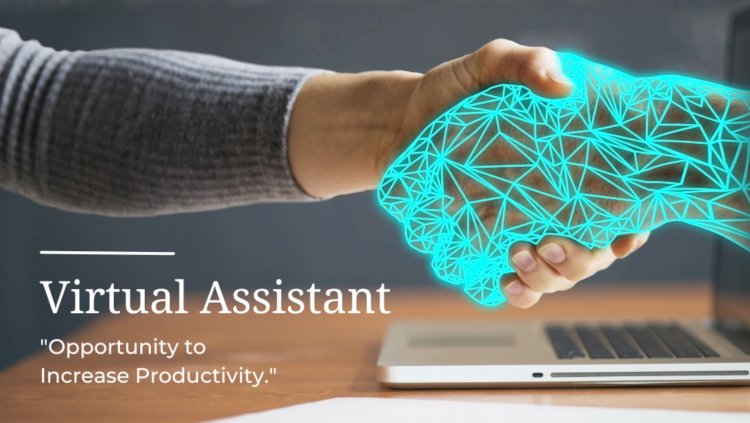Empowering Productivity: The Rise Of Virtual Assistants

Virtual assistants have become indispensable tools in our increasingly digital lives, revolutionizing the way we manage tasks, organize schedules, and access information. From the ubiquitous Siri and Alexa to workplace platforms like Microsoft’s Cortana and Google Assistant, these AI-powered helpers seamlessly integrate into our devices, offering a wide range of functionalities at our fingertips.
At the heart of virtual assistants lies artificial intelligence and natural language processing, enabling them to understand and respond to human commands and queries in real-time. Whether it’s setting reminders, sending messages, or providing weather updates, virtual assistants adapt to our needs and preferences, learning and evolving with each interaction.
In addition to personal assistance, virtual assistants are transforming the way businesses operate. In customer service, chatbots equipped with virtual assistant capabilities can efficiently handle inquiries, resolve issues, and provide support around the clock. In the workplace, virtual assistants streamline administrative tasks, schedule meetings, and facilitate collaboration, allowing teams to focus on higher-value work.
Moreover, virtual assistants are breaking down barriers to accessibility, providing assistance to individuals with disabilities and empowering them to navigate the digital world more independently. By offering hands-free interaction and personalized experiences, virtual assistants are democratizing access to information and services for all users.
As virtual assistants continue to evolve, fueled by advancements in AI and machine learning, their potential to enhance productivity and improve our daily lives grows exponentially. Whether it’s simplifying mundane tasks or revolutionizing customer experiences, virtual assistants are reshaping the way we interact with technology, empowering us to accomplish more with less effort.





















